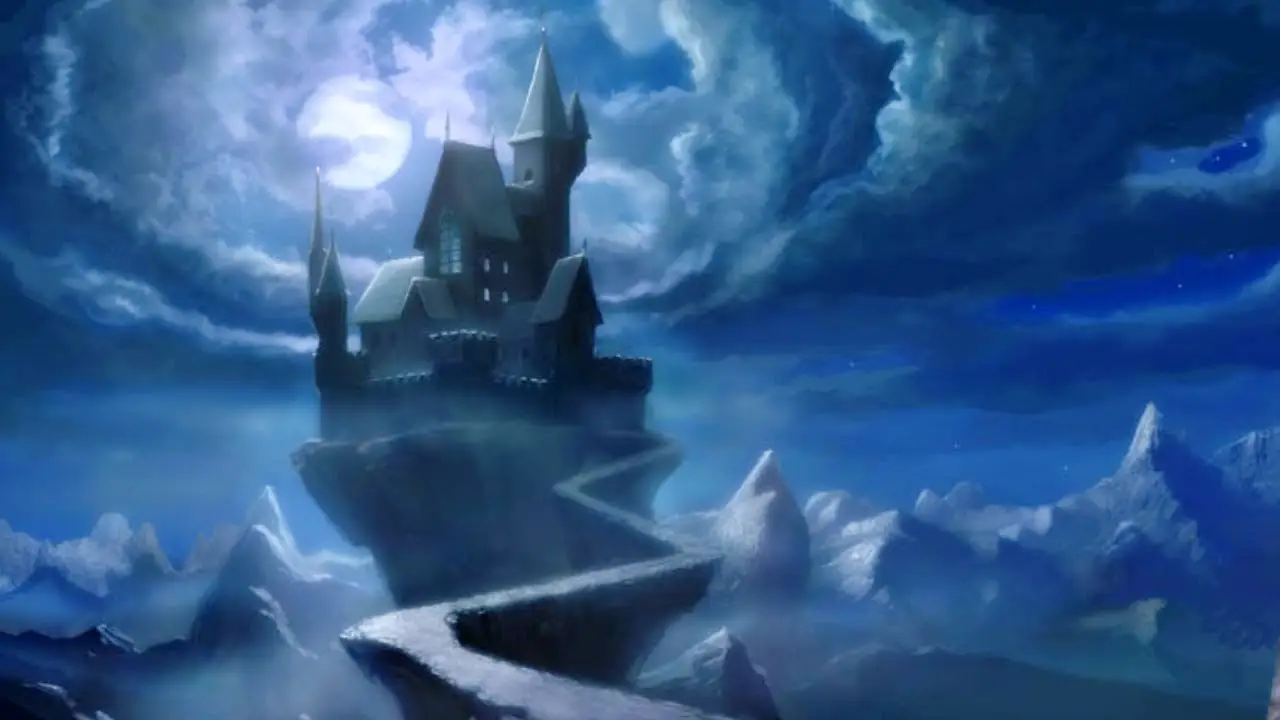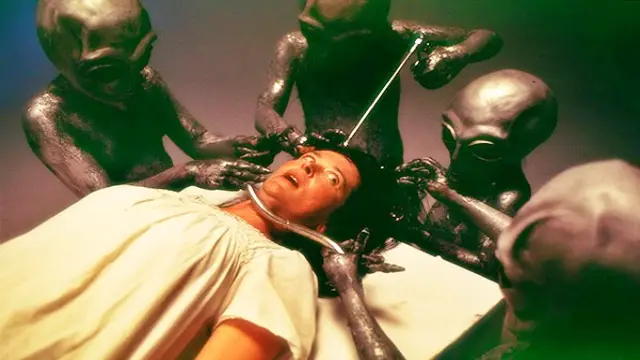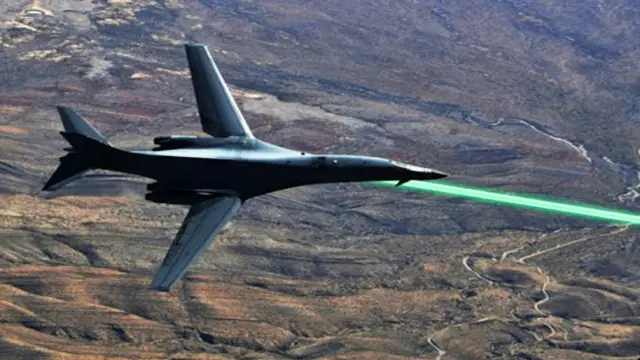n
n
n
n
n
nOnnApril 27, 1848, the Second French Republic abolished slavery innFrance and all of its colonies and protectorates. This certainlynincluded Martinique and Guadeloupe, in the Caribbean, and it alsonincluded French Guiana, a small French outpost perched on the “top”nof South America.
n
n
n
nSo…ifnslavery was abolished on April 27, why did slaves revolt innMartinique almost a month later? And why wasn’t slavery ended innFrench Guiana until June 10?
n
n
n
nRemember—communicationsnbetween France and her New World territories, back then, were only asnfast as a ship traveling all the way across the Atlantic Ocean. n
n
n
n
nAnman named Francois Perrinon was a member of the Commission for thenabolition of slavery in Martinique, and he went to Europe to try tonget a ruling that would abolish slavery. He obtained the decree andnset off to abolish slavery in Martinique.
n
n
n
 |
| This slavery memorial is on the island of Martinique. |
n
nHowever,nin the meantime, a slave had been imprisoned on Martinique, and othernslaves revolted on May 20. Slaves had revolted before, and Frenchnsoldiers had squashed the rebellions, killing many “valuable”nslaves. By this time, most people realized that slavery would soon benabolished, so the governor of Martinique—in order to restorencalm—quickly outlawed slavery himself.
n
n
n
nThengovernor ended the rebellion by ending slavery, on May 22. Then onnJune 3, Perrinon arrived, ready to end slavery on Martinique—and itnhad already happened!
n
n
n
nRulersnof the nearby island of Guadeloupe took the hint from events onnMartinique and abolished slavery on May 28; and news of the decreenfrom France finally reached Guadeloupe on June 5.
n
n
n
nFinally,nnews of the decree reached farawy French Guiana on June 10!
n
n
n
nAndnthen there was one…
n
n
n
nItnused to be, in colonial times, that there were five Guianas all in anrow at the northern end of South America. From west to east, theynwere:
n
n
n
n SpanishnGuiana (now the Guayana Region of Venezuela)
n
n BritishnGuiana (now the independent nation of Guyana)
n
n DutchnGuiana (now the independent nation of Suriname)
n
n FrenchnGuiana (still an overseas region of France)
n
n PortuguesenGuiana (now Amapa, one of the states in Brazil)
n
n
n
n
n Nownonly French Guiana is still tied to its European colonizer, and stillnhas Guiana in its name. A huge part of the economy of FrenchnGuiana derives from the fact that the Guiana Space Centre is now thenEuropean Space Agency’s primary launch site. It’a good launch sitenbecause it is near the equator, and the water lies in a convenientndirection for splashdown of rocket stages (the portions of a rocketnused to hold fuel—which are jettisoned when the fuel is used up).
Nownonly French Guiana is still tied to its European colonizer, and stillnhas Guiana in its name. A huge part of the economy of FrenchnGuiana derives from the fact that the Guiana Space Centre is now thenEuropean Space Agency’s primary launch site. It’a good launch sitenbecause it is near the equator, and the water lies in a convenientndirection for splashdown of rocket stages (the portions of a rocketnused to hold fuel—which are jettisoned when the fuel is used up).
 Nownonly French Guiana is still tied to its European colonizer, and stillnhas Guiana in its name. A huge part of the economy of FrenchnGuiana derives from the fact that the Guiana Space Centre is now thenEuropean Space Agency’s primary launch site. It’a good launch sitenbecause it is near the equator, and the water lies in a convenientndirection for splashdown of rocket stages (the portions of a rocketnused to hold fuel—which are jettisoned when the fuel is used up).
Nownonly French Guiana is still tied to its European colonizer, and stillnhas Guiana in its name. A huge part of the economy of FrenchnGuiana derives from the fact that the Guiana Space Centre is now thenEuropean Space Agency’s primary launch site. It’a good launch sitenbecause it is near the equator, and the water lies in a convenientndirection for splashdown of rocket stages (the portions of a rocketnused to hold fuel—which are jettisoned when the fuel is used up).n
n
n
nAlsonon this date:
n
n
n
n
nPortugal Day
n
n(a.k.a. Camoes Day)
n
n
n
n
nAnniversary of the invention of the “outlook envelope”
n
n
n
n





















